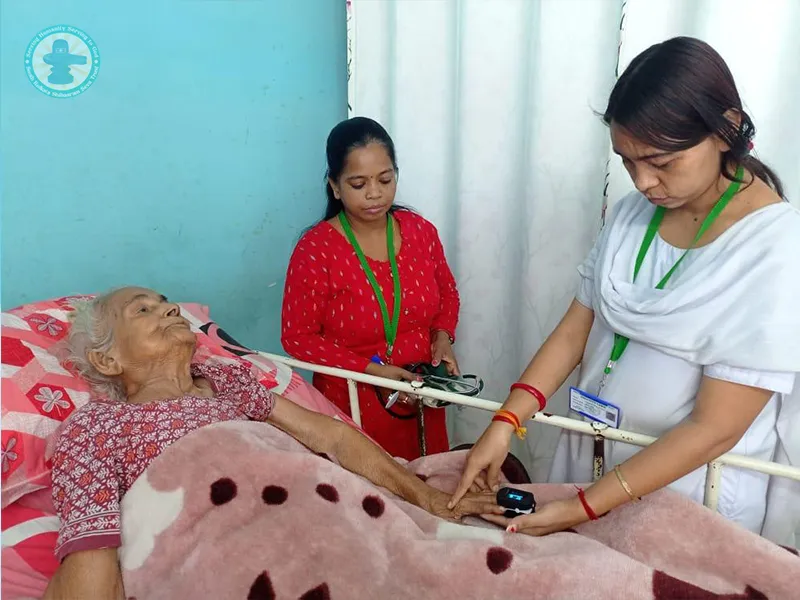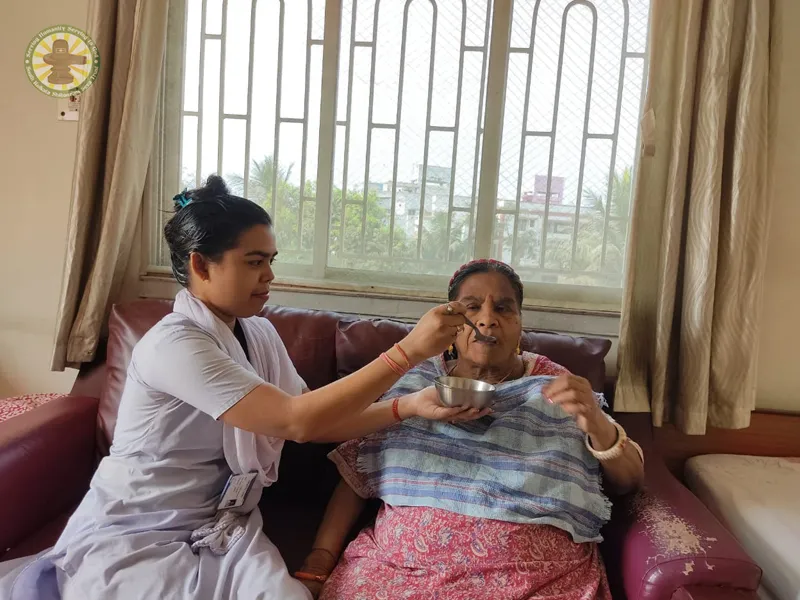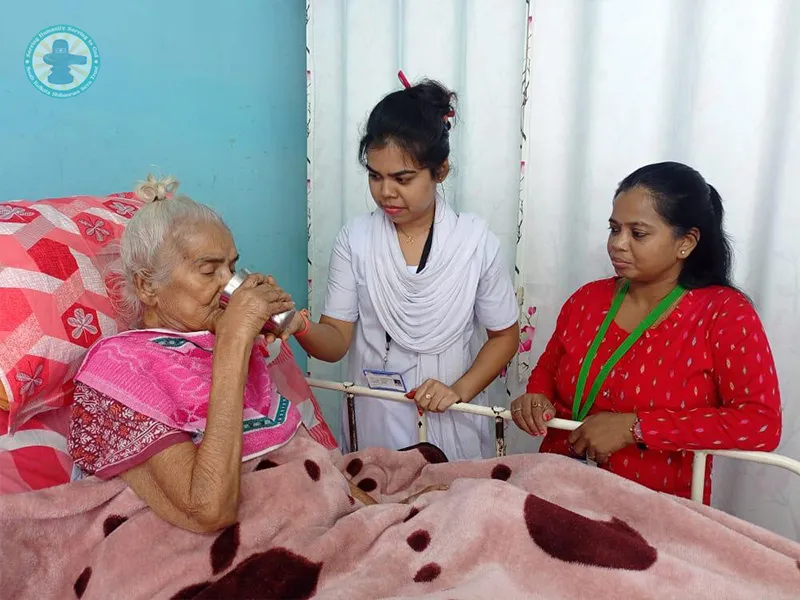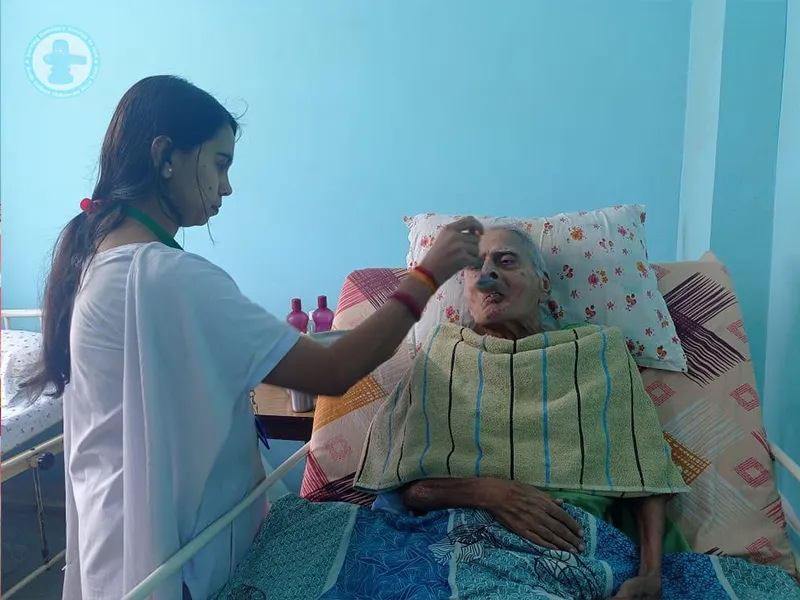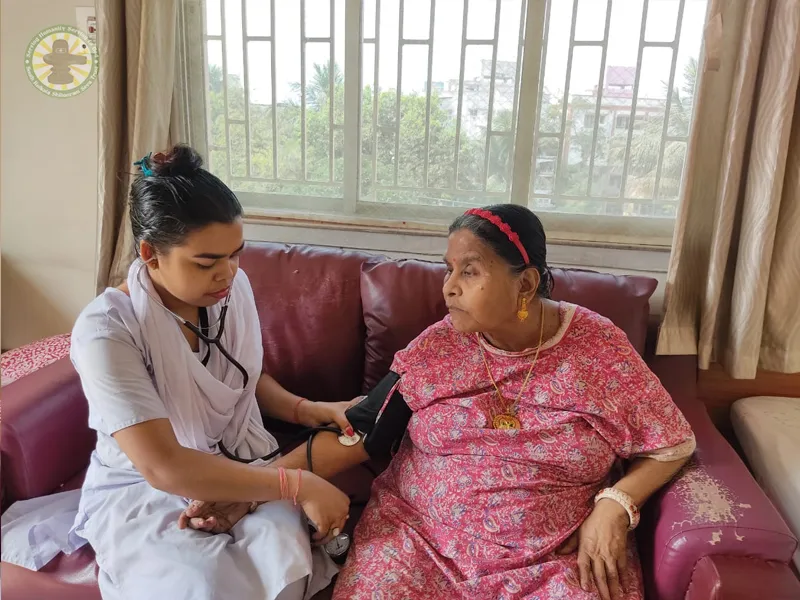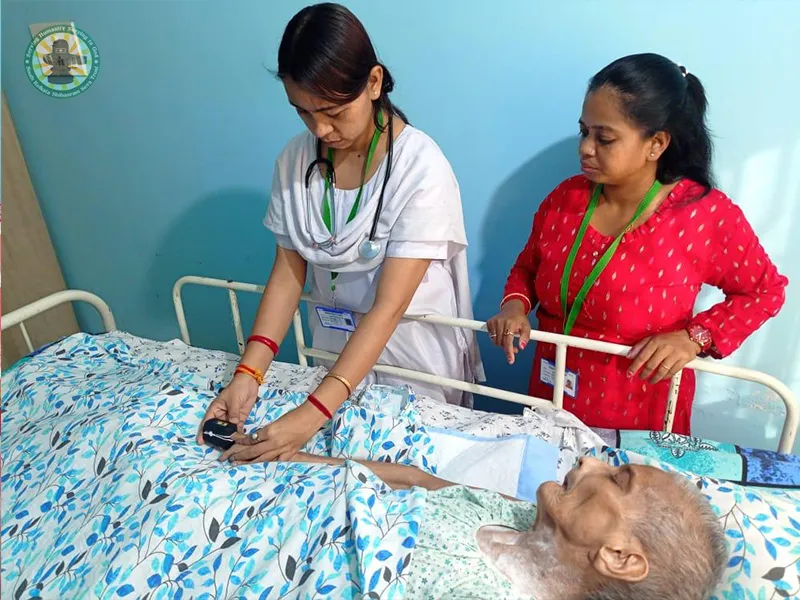Finding the Best Old Age Home for Dementia Patients
How to Evaluate Old Age Homes for Dementia Care
When looking for an old age home that can properly care for a loved one with dementia, there are a few key factors to consider:
First, evaluate the level of dementia care and services offered. Look for homes with 24-hour nursing care and staff specifically trained in dementia and memory care. They should offer help with daily activities like bathing, dressing and medication management. Activities and therapies tailored for dementia patients are also important for mental and physical stimulation.
–
Next, check the safety and security measures in place. Look for homes with controlled access, secure outdoor areas, and staff that monitor residents. Emergency response systems, handrails, non-skid floors are also good signs. Your loved one’s safety and wellbeing should be top priority.
Also, consider the atmosphere and environment. Look for a home that feels warm, inviting and peaceful. Pay attention to things like lighting, use of color, outdoor green spaces. A home-like environment can help reduce stress and confusion for dementia patients.
Finally, don’t forget about quality of life. Look for a place that emphasizes dignity, respect, and autonomy. They should encourage participation in social activities and community events. Make sure residents seem meaningfully engaged and cared for.
Taking the time to find the right place can make a world of difference in your loved one’s comfort, safety and happiness. With so many options, it may feel overwhelming, but focusing on these key factors will help ensure you find the best home for dementia care. Your patience and dedication will be well worth it.
Questions to Ask When Touring an Old Age Home
When visiting potential old age homes for a loved one with dementia, you’ll want to make sure it’s the right place for them. Ask plenty of questions to determine if the facility can properly care for your family member.
What level of care do they provide for dementia patients? Do they have 24-hour nursing care and assistance with daily activities like bathing, dressing and eating? Are staff members trained specifically in dementia and Alzheimer’s care? These are critical to your loved one’s wellbeing.
What safety measures do they have in place? Secure doors, non-slip flooring and handrails are must-haves. Do they monitor residents to prevent wandering or falls? Proper safety precautions give you peace of mind.
What types of activities do they offer? Engaging activities that stimulate memory and cognition are so important. Ask if they provide music or pet therapy, recreational activities, social interaction and exercise appropriate for residents with dementia.
How do they help residents stay oriented? Visual cues, memory boxes, calendars, and schedules all aid orientation. Find out if personal items from home are allowed and how staff help ground residents in time and place.
What amenities are included? Nutritious meals, housekeeping, laundry service and transportation should all be provided. Make sure any additional fees are clearly explained.
With the right questions, you can find a caring community where your loved one will be comfortable, safe and supported. The perfect place is out there, you just have to look for it.
Paying for an Old Age Home: Costs and Financial Help
The costs of an old age home can vary depending on the level of care and amenities offered. While prices may seem high, there are options to help make quality care more affordable.
Average Costs
The median monthly cost of an assisted living facility in the India. is around Rs.60,000. For dementia or Alzheimer’s care, the monthly cost is closer to Rs.50,000. The specific costs in your area may be lower or higher depending on factors like cost of living. Most facilities charge on a month-to-month basis, though some may offer annual contracts.
What’s Included
The fees typically cover basic amenities like meals, housekeeping, transportation, and social activities. Personal care services for bathing, dressing and medication management are also usually included for dementia patients. Some places offer tiered levels of care at different price points. Be sure you understand exactly what’s covered in the fees before signing a contract.
Financial Assistance Options
There are several ways to help pay for dementia care. Medicare and Medicaid both provide limited coverage for qualified individuals. Long-term care insurance can also offset costs. Some facilities offer sliding-scale fees and payment plans. Don’t hesitate to ask if discounts or subsidies are available based on need.
Other resources for financial help include:
Veterans benefits: For those who served in the military, the VA offers pensions and aid for long-term care.
Non-profits: Organizations like the Alzheimer’s Association and AARP may provide grants and scholarships for dementia care.
Family support: If possible, consider pooling resources with trusted family members to share the financial responsibility. An elder law attorney can help set up the appropriate legal agreements.
With some planning and assistance, high-quality dementia care can be accessible and affordable. Don’t lose hope if costs seem out of reach at first. There are always solutions and people here to help.
Activities and Programs: How to Keep Loved Ones Engaged
When looking for an old age home for a loved one with dementia, consider the activities and programs offered to keep residents engaged and stimulated. #Social Interaction and Mental Exercise
Dementia patients need regular social interaction and mental exercise to help slow the progression of symptoms. Look for homes that:
Offer group activities like crafts, games, gardening and light exercise classes that encourage socializing and cognitive engagement.
Provide one-on-one interactions and companionship. Staff or volunteers who spend time with residents can help combat isolation, depression and behavior changes.
Stimulate memories with reminiscence therapy, music, photos, familiar objects from the past and intergenerational programs where children and youth visit.
Challenge residents mentally with puzzles, trivia, word games and brain teasers suited to different ability levels. Even simple activities like sorting buttons, folding laundry or setting the table can provide cognitive benefits.
Tailored Activities
The most effective activities for dementia patients are tailored to their interests, backgrounds and abilities. Look for care homes that assess each resident to determine their needs, limitations and personal preferences in order to develop individual activity and social programs. Residents with more advanced dementia may benefit most from sensory stimulation through music, tactile objects, aromatherapy and spending time outside.
Staff Training
Properly trained staff and activity coordinators are essential for engaging dementia residents. Look for homes with staff certified in dementia care who understand how to communicate effectively, deal with behavior changes and create meaningful activities suited to each resident’s abilities. Well-trained, compassionate staff can make a big difference in the quality of life for residents.
With the right activities and social interactions tailored to your loved one’s needs, an old age home can help combat the isolation and lack of stimulation that often accompany dementia. Engaging programs provide mental and physical benefits and allow residents to live with meaning, joy and dignity.

